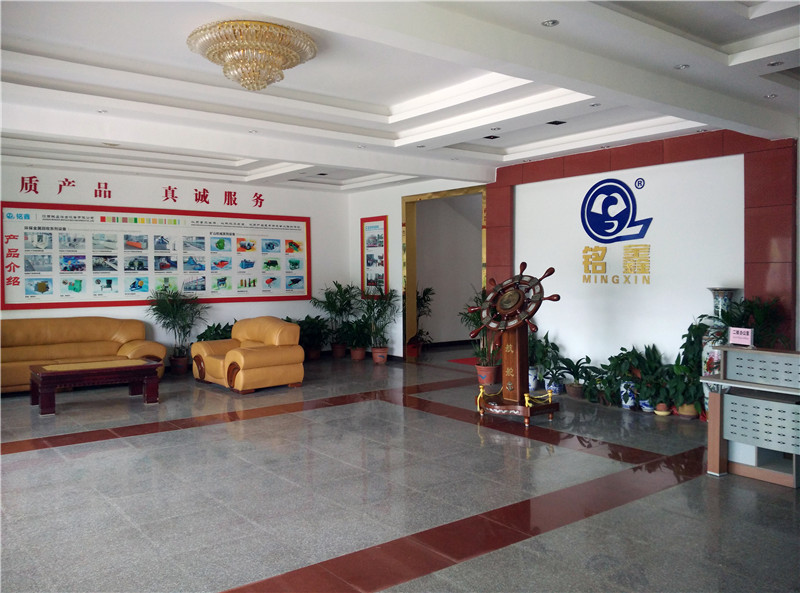In the wave of modern technology, lithium-ion batteries have become an indispensable energy solution in our daily lives with their excellent energy density and long life. From smartphones to laptops to electric cars, lithium-ion batteries are used everywhere. However, with the increase in the frequency of use, the safety issue of lithium-ion batteries is also increasingly concerned. This article will delve into the working principle of lithium-ion batteries, precautions in use, and how to properly maintain and dispose of damaged lithium-ion batteries. ** The working principle of lithium-ion batteries ** The working principle of lithium-ion batteries is based on the movement of lithium ions between positive and negative electrodes. During the charging process, lithium ions are removed from the positive electrode material and moved to the negative electrode material for storage through the electrolyte. When discharged, the lithium ions are removed from the negative material and returned to the positive material. This process is accompanied by the flow of electrons, which creates an electric current. 1. Avoid overcharge and overdischarge: lithium-ion batteries should avoid charging to too high voltage or discharging to too low voltage, because this may lead to abnormal chemical reactions inside the battery, and even cause safety accidents. 2. Avoid high temperature environment: High temperature will accelerate battery aging, reduce battery performance, and even cause thermal runaway. Therefore, avoid exposing the battery to high temperatures. 3. Avoid physical damage: Lithium-ion batteries may short-circuit when subjected to physical impact or puncture, causing fire or explosion. Therefore, the battery should be properly stored to avoid falling or bumping. ** III. Maintenance of lithium-ion batteries ** 1. Regular inspection: Check the appearance of the battery regularly. If expansion, leakage or damage is found, it should be stopped immediately and handled in accordance with the correct method. 2. Correct charging: Use original or certified chargers to charge, avoid using inferior chargers, so as not to cause damage to the battery. 3. Storage conditions: Batteries that are not used for a long time should be stored in a dry, cool environment to avoid high temperature and humidity. 1. Do not disassemble yourself: Damaged lithium-ion batteries may contain harmful substances, such as electrolyte, so they should not be disassembled by themselves. 2. Professional recycling: The damaged lithium-ion battery should be handed over to a professional recycling agency for processing to ensure environmental safety. 3. Comply with regulations: When handling damaged batteries, comply with local laws and regulations to ensure compliance. Lithium-ion batteries bring great convenience to our modern life, but at the same time, we need to use properly and properly maintain. By understanding how lithium-ion batteries work and how to safely use them, we can better enjoy the convenience of technology while ensuring personal and environmental safety.











